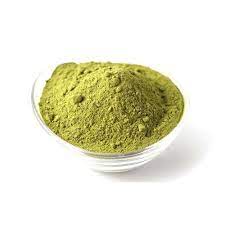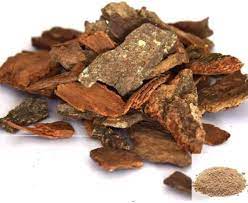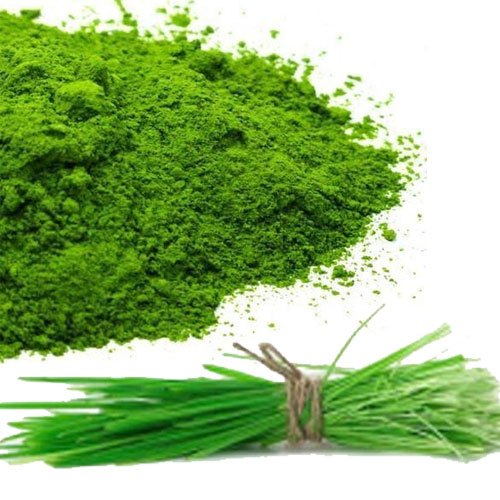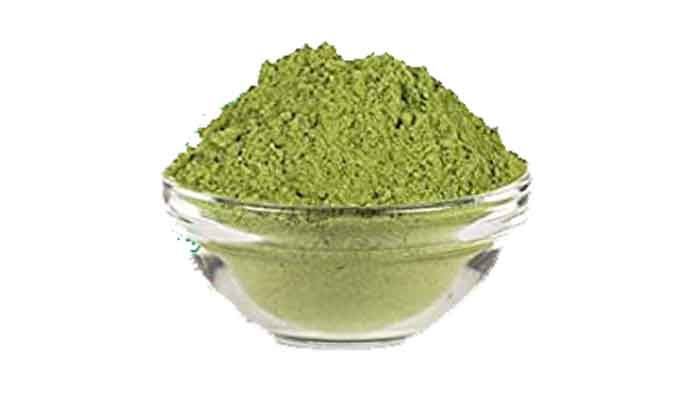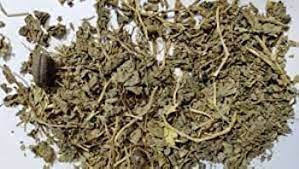The Future of Oral Hygiene: Can Neem Twigs Replace Toothbrushes?

Oral hygiene is a crucial aspect of overall health, and the traditional toothbrush has been a cornerstone of dental care for centuries. However, interest in natural and sustainable alternatives is growing, leading to a resurgence of traditional practices such as the use of neem twigs for oral hygiene. This article explores whether neem twigs can realistically replace toothbrushes in the future of oral care.
Historical and Cultural Context
Neem (Azadirachta indica) is a tree native to the Indian subcontinent and has been used in Ayurvedic medicine for thousands of years. Neem twigs, also known as "datun," have traditionally been used as natural toothbrushes. The practice involves chewing on the end of a neem twig until it frays into bristles, which are then used to clean the teeth and gums.
Benefits of Using Neem Twigs
Neem twigs offer several potential benefits that could make them a viable alternative to conventional toothbrushes:
-
Antibacterial Properties: Neem has strong antibacterial properties that can help reduce the buildup of harmful bacteria in the mouth, thereby preventing plaque formation, cavities, and gum disease.
-
Anti-Inflammatory Effects: Neem contains compounds like nimbidin and nimbin, which have anti-inflammatory properties. This can help soothe gums and reduce inflammation, promoting overall oral health.
-
Natural Fluoride: Neem twigs contain natural fluoride, which can help strengthen tooth enamel and prevent decay, similar to the fluoride found in many commercial toothpaste products.
-
Eco-Friendly: Using neem twigs is an environmentally sustainable practice. Unlike plastic toothbrushes, which contribute to landfill waste, neem twigs are biodegradable and reduce plastic pollution.
-
Cost-Effective: Neem twigs are inexpensive and readily available in regions where neem trees are common, making them an accessible option for low-income populations.
Potential Drawbacks
While neem twigs have many advantages, there are also potential drawbacks to consider:
-
Effectiveness: Modern toothbrushes are designed to effectively clean all areas of the mouth, including hard-to-reach places. Neem twigs may not provide the same level of thoroughness, potentially leaving some areas less clean.
-
User Experience: Using a neem twig requires a different technique compared to a conventional toothbrush. Some people may find it less convenient or less comfortable to use.
-
Availability: Neem trees are not found everywhere, limiting the widespread adoption of neem twigs in regions without access to these trees.
-
Standardization: Toothbrushes are manufactured to meet specific standards for bristle firmness and size. Neem twigs, being natural products, can vary widely in these aspects, potentially affecting their consistency and effectiveness.
Scientific Evidence
Research on the effectiveness of neem twigs for oral hygiene is limited but growing. Some studies have shown promising results:
- Antibacterial Efficacy: Research published in the Journal of Ethnopharmacology demonstrated that neem twigs have significant antibacterial activity against oral pathogens, supporting their traditional use for maintaining oral hygiene.
- Plaque Reduction: A study in the Journal of Indian Society of Periodontology found that neem twigs can reduce plaque and improve gum health, comparable to conventional toothbrushes when used correctly.
- Gum Health: Another study in the Journal of Ayurveda and Integrative Medicine reported that the regular use of neem twigs can lead to healthier gums and lower levels of gingival inflammation.
Future Prospects
Considering the benefits and challenges, the future of neem twigs as a replacement for toothbrushes may lie in a hybrid approach. Integrating the use of neem-based oral care products, such as neem-infused toothpaste or mouthwash, with conventional toothbrushes could offer the best of both worlds—combining the antibacterial and anti-inflammatory properties of neem with the thorough cleaning capability of modern toothbrushes.
Conclusion
Neem twigs present a fascinating and potentially viable alternative to traditional toothbrushes, especially in regions where neem is readily available. Their natural antibacterial properties, anti-inflammatory effects, and environmental benefits make them an attractive option for sustainable oral care. However, challenges related to effectiveness, user experience, and availability need to be addressed. The future of oral hygiene may see a blend of traditional and modern practices, harnessing the best of both to promote optimal oral health.
Click here



